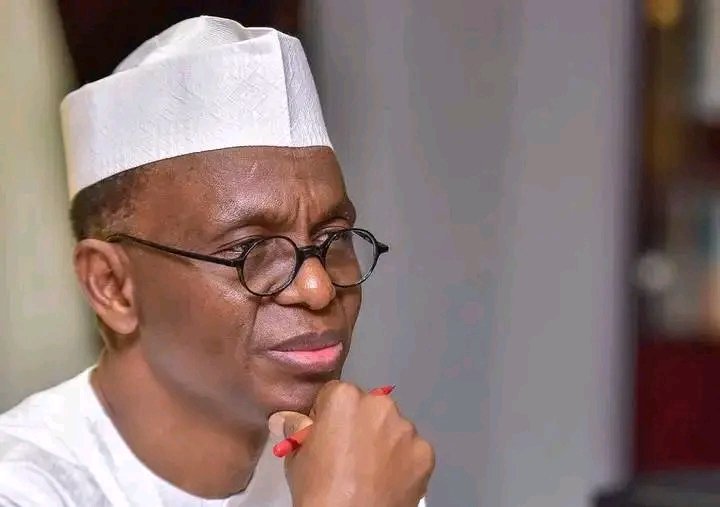The Federal Government is set to approve a new National Electricity Policy and Strategic Implementation Plan (NEPSIP) in September.
NEPSIP, which is currently in its final stages of preparation, will be presented to the Federal Executive Council (FEC) for approval.
The Minister of Power, Chief Adebayo Adelabu, made this known on Friday at the BusinessDay energy conference in Lagos, themed “Powering Nigeria’s Energy Future: Addressing Infrastructural Challenges for Sustainable Energy Development.”
He said: “The government believes that a supportive policy and regulatory environment are essential for sustainable energy development, and the government is committed to creating policies that encourage investment, foster innovation, and ensure fair competition in the energy sector.”
The minister explained that Nigeria’s electricity sector has undergone substantial transformation, evolving from a state-controlled, integrated system to a largely privatized and decentralized network where private entities play a dominant role.
Despite the reforms, Adelabu pointed out that the sector still grapples with lingering issues such as outdated power plants, inadequate transmission and distribution networks, frequent power outages, and insufficient investment in renewable energy, all of which are exacerbated by the underutilization of existing facilities that have the capacity to generate much more electricity.
He highlighted two major constraints hindering power generation: insufficient gas supply and outstanding debts.
Adelabu said gas shortages restrict power plants from operating at maximum capacity, while unpaid debts to generation companies lead to liquidity challenges.
To address the country’s generation capacity, FG is committed to both optimizing existing assets and investing in new power plants, he assured.
He said, “Our focus is on harnessing the rich diversity of our natural resources, from hydro to solar and beyond. Recently, generation capacity on the grid has been expanded with the addition of a 700 MW newly commissioned Zungeru hydropower plant.
“We have also secured presidential approval to defray legacy debts to gas companies to allow efficient gas supply to the power sector going forward and a payment mechanism to address generation companies’s debts to ensure necessary maintenance is resolved and evacuation capacity optimisation.
“With this effort, we aim to not only increase our generation capacity but also improve the efficiency and reliability of our power supply.”
The minister announced that the government has set a bold goal to produce approximately 30,000 megawatts of electricity by 2030, with renewable energy sources accounting for 30% of the country’s energy mix, a significant step towards a more sustainable and diverse energy future for Nigeria.
“The Presidential Metering Initiative will ensure an additional 2 million metres will be procured annually for five years. This will ensure accurate billing, reducing revenue loss, and improving cash flow for a more liquid power sector.
“We are beginning to see some progress from the outcome of the government’s initiative in the last one year. However, we will not relent until we have a resilient and efficient electricity sector that meets the needs of all Nigerians,” Adelabu said.























Leave a comment